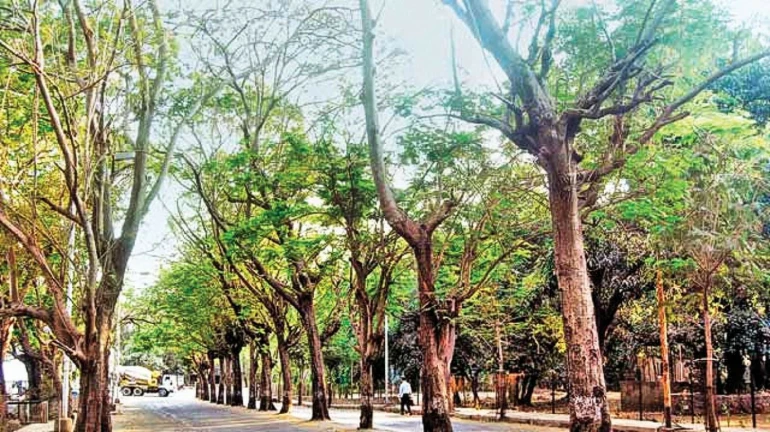
The National Green Tribunal (NGT) has ordered the maintenance of the status quo in the Dindoshi Hills in response to a petition filed by the NGO Vanashakti. The petition raised alarms over construction activities and tree felling that were allegedly damaging the area’s ecological balance. The tribunal’s decision was delivered on Thursday after a series of hearings to address the environmental degradation in the region.
Environmental Concerns
The NGO Vanashakti had initially filed a petition in April, accusing private developers K Raheja Realty and Ferani Hotels of causing large-scale destruction in the Dindoshi Hills. According to the petition, trees were being cut and burned, rivers were being rerouted, and hills were being leveled, which were all damaging the green cover and the natural landscape. Vanashakti also claimed that debris from the construction activities was being dumped in the area, further worsening the environmental situation.
Report and Joint Committee
In May, the NGT had already issued an order to ban any construction or other harmful activities within the Dindoshi Hills, which cover a 2-kilometer range on the outskirts of the Sanjay Gandhi National Park. This ban was a significant step to protect the region’s ecology. Alongside the ban, the tribunal formed a joint committee to inspect the area and submit a detailed report within one month. The committee included representatives from the Brihanmumbai Municipal Corporation (BMC), the District Collector’s office, and various government departments related to the environment, water resources, and forestry.
During Thursday’s hearing, the NGT noted that the joint committee’s report had been submitted in August, well beyond the original deadline. The report was shared with the applicants and other respondents in September. According to Stalin D from Vanashakti, the report confirmed extensive environmental degradation in the Dindoshi Hills. Over 7,500 trees were reportedly felled, despite the ban issued in May. While the flattening of the hills had ceased, tree felling continued in less visible parts of the region.
Concerns
In addition to the loss of trees, Stalin raised concerns about the rerouting of the Oshiwara River and the potential consequences it could have on the stability of the region. He warned that such activities could lead to landslides, similar to one that occurred in 2010, which buried several homes in the area. The ongoing construction activities, particularly the flattening of the hills, are seen as destabilizing the soil and increasing the risk of future landslides.





